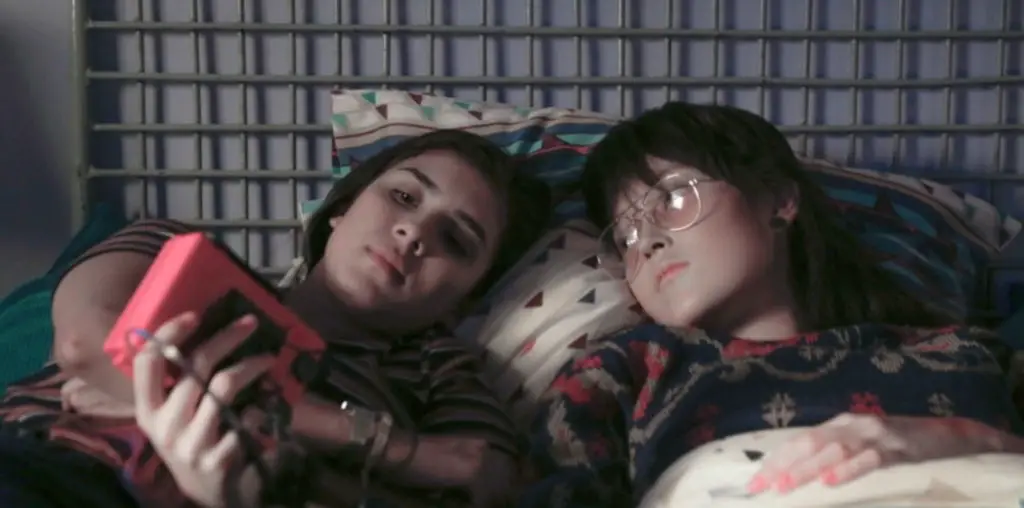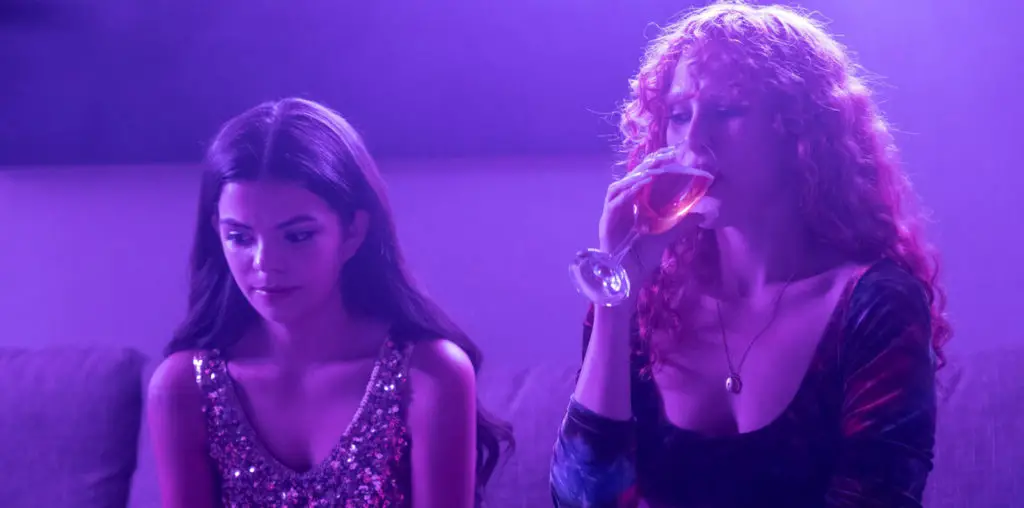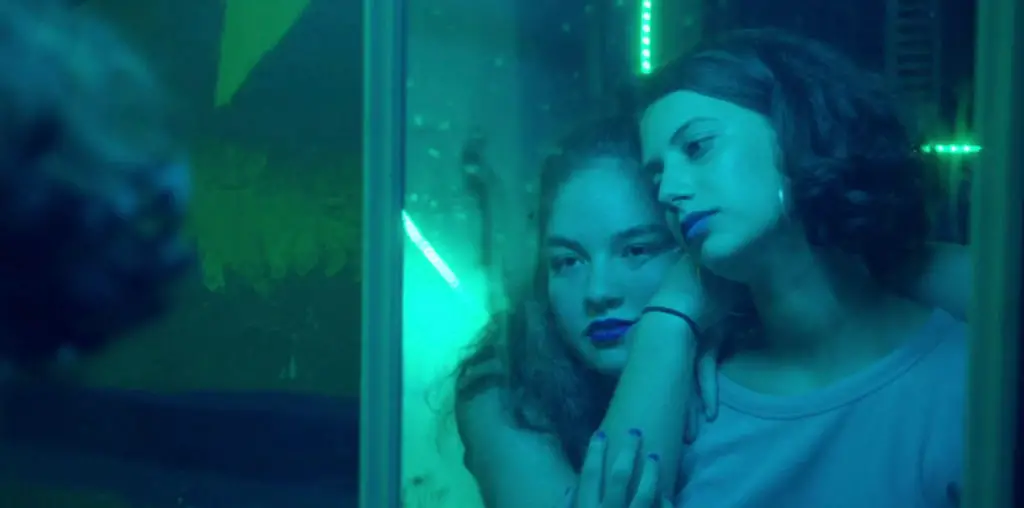
Written and directed by Mariya Somova, I Want To Live On Mars is a coming-of-age teen drama. However, the narrative thrust is not typical of the genre. It features a story full of several poetic turnarounds of events that find meaning through metaphors and delightful and absurdist mischief. Does this lyrical momentum work in a character study, or are they distractions?
Pickles (Bethany Stolar) is a teenage girl making $2 an hour in a ghost town in the middle of nowhere in Pennsylvania. Breezy (Claire Haller) is another teen who has to relocate there due to events beyond her control. In their naivete, the two strike an unlikely friendship and decide to escape their miseries and move to Mars. What does Mars mean to them, and how do they plan on escaping this provincial life?
I Want To Live On Mars sports a hint of quirkiness, which is extensively explored in the characterizations of the two protagonists. Pickles’ life revolves around literally scraping through waste to find something of use. By contrast, Breezy stands stagnant and without a foreseeable future. Their vastly distinct but equally intemperate emotional reactions to their daily lives and surroundings add to their poetic portrayals. Such character traits increase the conceptual facet of the story.
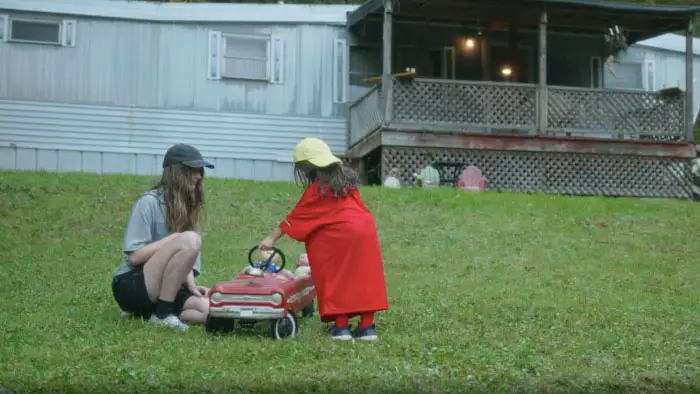
“…the two strike an unlikely friendship and decide to escape their miseries and move to Mars.”
Conceptually, Somova hits the general requisites of a coming-of-age drama, though Pickles and Breezy’s daydreams, for lack of a better term, sway the narrative away from tropes. However, at times, such quirks become this film’s low points. I Want To Live On Mars too extravagantly dives into figurative expressions and resorts to next-to-none elucidation, resulting in confusion. In its continuation, the film fails to offer any relative backdrop or a hint of interpretation even in casual conversations; instead, it explores the complexities of teenage innocence and stubbornness, which also becomes indifferent after a certain point.
The film draws upon the filmmaker’s upbringing in an underpopulated Ukrainian suburb, ironically replicated in an actual Pennsylvanian disaster-ridden ghost town of Centralia. The film then merges the intricacies of surviving in an abandoned area with the life of confounded young girls. With this backdrop in knowledge, I Want To Live On Mars begins to make sense. However, it is unreasonable for a film to assume audiences have all this backstory, as theaters don’t hand out press kits with a purchased ticket. How can viewers be expected to comprehend what the characters are doing when the cinematography cannot visualize their perplexing duality and inner turmoil?
I Want To Live On Mars tries to provide details of understanding the story and the two girls visually by capturing the protagonists’ movements, emphasizing facial expressions, and focusing on the frenzy they go into in duress. Unfortunately, this is somewhat inconsistent in conveying their thoughts of frustration, disgust, and escapism. Yet, the acting prowess of Stolar and Haller needs to be highlighted, for they genuinely make one invested.
I Want To Live On Mars gets exciting and exposes its best parts towards the end. You start understanding the teens and their vulnerability, especially Breezy, which takes things to an emotional high. Parts of the end will move you due to its gentle sweetness. If Somova hadn’t waited to explore the meaning behind Mars until the finale, this could have been worthwhile. Still, even if this is an imperfect tale of manifesting escapist dreams and two teens’ decent little attempts to make them come true, there are enough positives here, namely the two leads, to watch at least once.
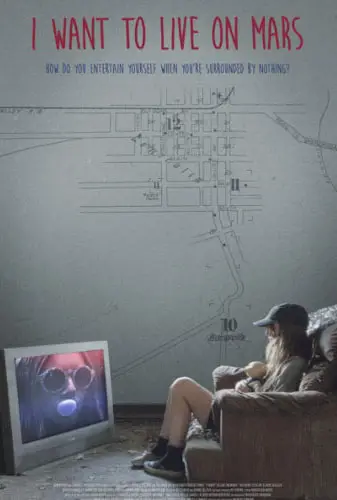
"…[Stolar and Haller] genuinely make one invested."
